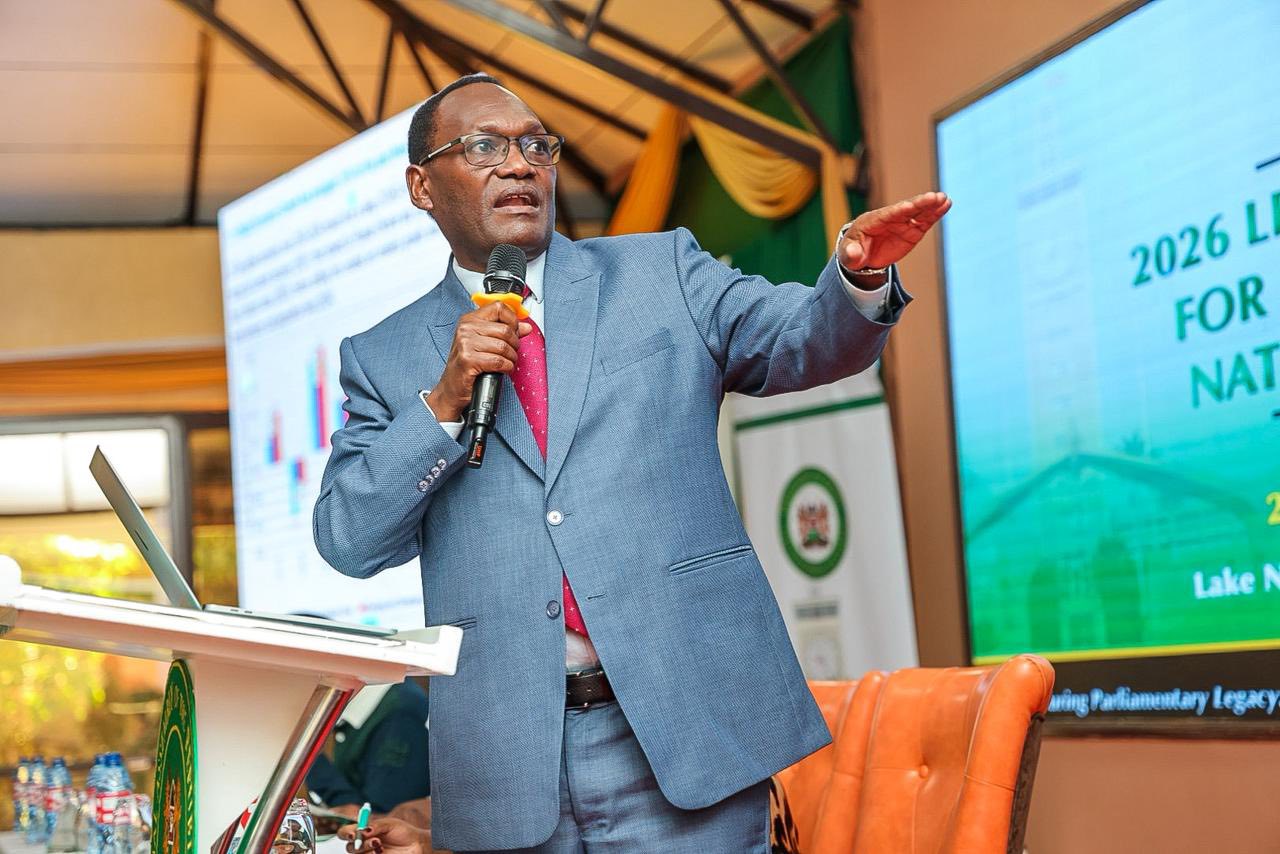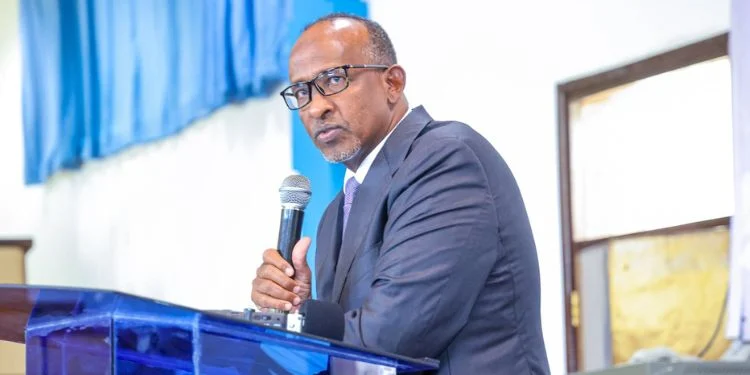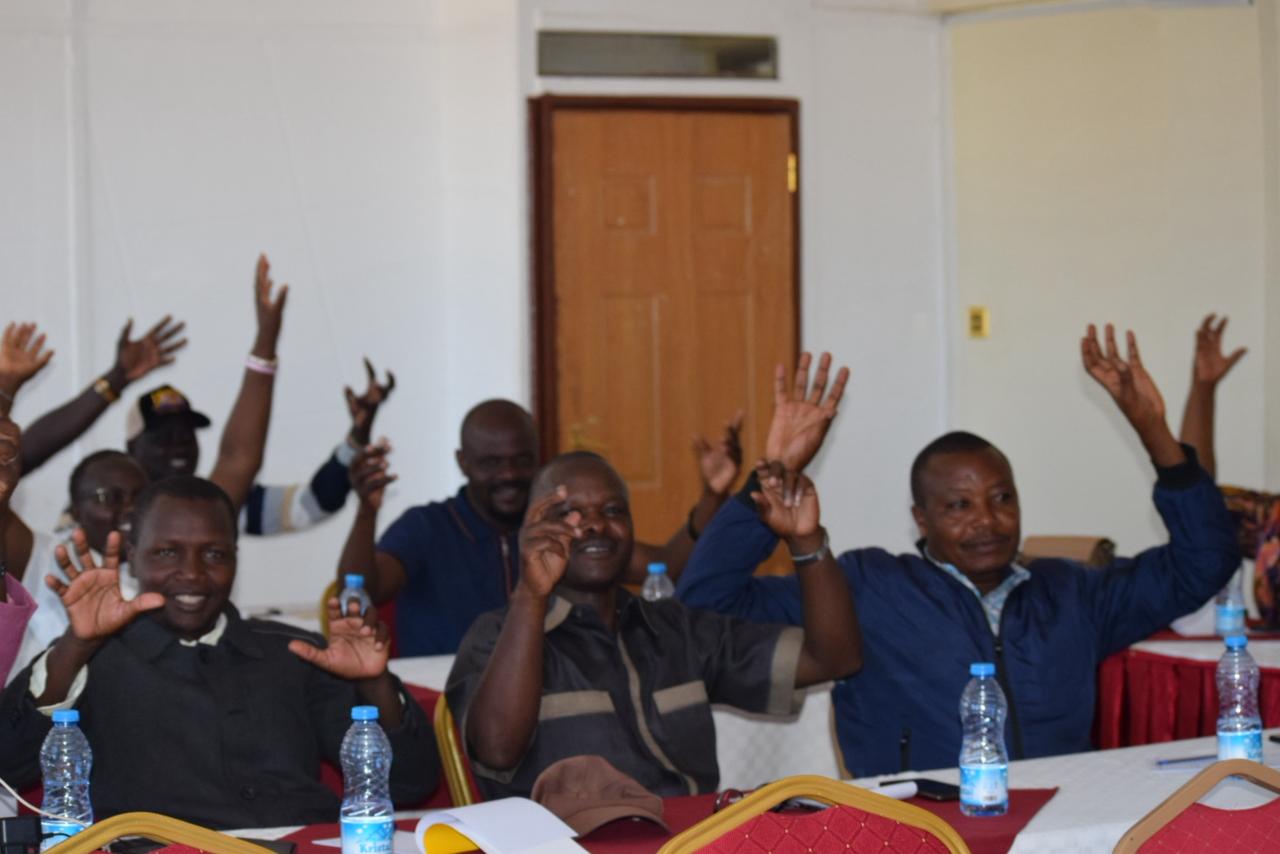All 46,000 Junior Secondary School (JSS) intern teachers will have their employment on Permanent and Pensionable (PnP) terms put on hold if the Finance Bill 2024 is rejected by the National Assembly.
In a memo signed by the Clerk of the National Assembly Samuel Njoroge addressed to the Treasury Cabinet Secretary (CS) Njuguna Ndung’u dated June 19, 2024, if the Bill fails to pass, some sectors will see a reduction of proposed funds to be able to add on other sectors as required by law.
“We note that Section 39(4) (C) of the Public Finance Management Act (PFMA) 2012 Cap. 412A requires that any increase in expenditure in a proposed appropriation is balanced by a reduction in expenditure in another proposed appropriation,” the memo reads in part.
Njoroge said if the bill is rejected, there will be a likely revenue shortfall of approximately Ksh200 billion.
As a result, the budget for the Teachers Service Commission (TSC) will have to be cut by Ksh18.9 billion, the amount envisaged to confirm all the 46,000 intern teachers into PnP terms.
This will be a huge blow to the teachers, who a month ago had taken to the streets to lament the poor pay as well as demand for permanent terms, resulting in 700 being served with termination letters after they failed to reply to the show-cause letters they had received for desertion.
The calm that had resulted from the development might be disrupted, as there is a likelihood there will be fresh agitations after they were convinced to go back to class as negotiations take over.
Additionally, the State Department for Higher Education and Research will see a cut of Ksh8.3 billion, which will adversely affect the funding to the Higher Education Loans Board (HELB) as Ksh3.2 billion will be withdrawn.
This will be a huge blow to varsity students as it means more of the learners will miss out on the loans and sponsorships that are spelled out in the new funding model. Lately, university students have had to suffer the repercussions of funding shortfalls.
The State Department for Basic Education will not be spared either, suffering a cut of Ksh3.4 billion. Consequently, the school feeding programme budget will be reduced by Ksh1.8 billion, posing a grave threat to the retention of quite a number of learners who direly depend on this programme. Infrastructures will see a cut of Ksh1.6 billion.
Also, the State Department for Technical Vocational Education and Training (TVET) will see its allocation being cut by Ksh800 million.
In the financial allocation to different sectors announced by the Treasury CS in 2024/25 national budget last week, the education sector was among the top winners.
The sector was Ksh656.6 billion rich in the Ksh3.92 trillion fiscal estimates, translating to 27.6 per cent. This was an increase from the Ksh544.4 billion in the 2023/24 financial year.
Of these funds, Ksh358.2 billion was to go to the teacher employer Teachers Service Commission (TSC), Ksh142.3 billion to basic education (primary and secondary schools), Ksh128 billion to higher education and research, and Ksh30.7 to TVET.
Later, TSC was given a boost from Ksh13.4 billion to Ksh18 billion to hire JSS teachers.
However, Kenyans have unanimously opposed the Finance Bill 2024 as too punitive, with emotions spilling over in demonstrations that are currently ongoing as the government pushes it to be passed in Parliament.
The communication to Treasury by the Clerk of the National Assembly comes amid the possibility of the Bill being trashed by legislators on the floor of the House.
Relief as government disburses second term capitation to schools
By Vostine Ratemo
You can also follow our social media pages on Twitter: Education News KE and Facebook: Education News Newspaper for timely updates.
>>> Click here to stay up-to-date with trending regional stories






